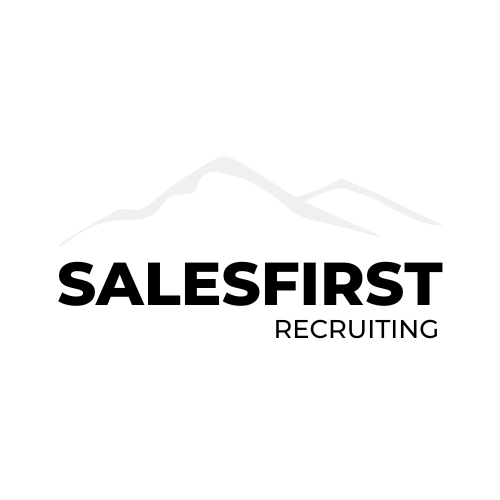What Recruiters Wish Hiring Managers Knew Before a Sales Search Begins
Hiring the right sales professional starts well before a job is posted. The best candidates are already employed, already in motion, and already being contacted by other recruiters. They will not wait around for slow or messy processes. Many searches fail because the alignment between recruiter and hiring manager is unclear from the beginning.
This is what experienced recruiters wish every hiring manager knew before launching a search. Following these guidelines will improve candidate quality, hiring speed, and offer acceptance rates.
1. Unclear Hiring Goals Lead to Candidate Drop-Off
When a hiring manager isn’t clear on what they really need, the search derails fast. We see it all the time: a job description that reads like a wishlist, unclear expectations around comp, or a candidate profile that shifts mid-process. Candidates — especially good ones — can smell that chaos a mile away. And when they do? They vanish.
What to do: Before the search begins, sit down with your recruiter and lock in a 3-part foundation: the non-negotiables, the deal-breakers, and the nice-to-haves. Anything outside those categories doesn’t belong in the job description or the interview loop.
2. The Speed of Your Process = The Quality of Your Hire
Top-tier candidates are interviewing with multiple companies... or at least being pursued by them. When your process takes too long, they accept other offers. Scheduling delays, vague next steps, and indecision all create friction.
What to do: Decide in advance how many steps your process really needs. Assign clear decision-makers. And make calendar space to move fast. Don’t rush, but respect the candidate’s time and signal that you’re serious.
3. The Perfect Hire May Not Match the Original Profile
Hiring managers often hold out for a perfect resume. They look for specific industries, career paths, or years of experience that rarely align. While waiting for that one candidate, great hires are passed over.
Recruiters work best when given flexibility to recommend high-potential candidates. Coachability, past performance, and adaptability often matter more than resume alignment. Great sales hires sometimes come from adjacent industries or non-traditional backgrounds.
What to do: Prioritize coachability and cultural fit over perfection. We can teach software. We can’t teach grit, adaptability, or hunger. The best hires are sometimes 80% matches with 20% you can develop.
4. If You Treat Us Like a Vendor, We Can’t Act Like a Partner
Recruiters can only perform as well as the information they are given. When communication is limited to transactional updates or last-minute requests, the quality of the search suffers. Recruiters should be involved early, included in strategy, and trusted with honest feedback.
What to do: Think of your recruiter the same way you’d think of a sales manager: someone who should be aligned with your business outcomes. Share the context. Set expectations. Keep the communication open.
Final Thoughts
SalesFirst Recruiting has built its entire process around outcomes rather than activity. That means we’re looking for the right fit, and that only happens when hiring managers are aligned, decisive, and transparent from the start. So, our advice is to view recruiting as a strategic function instead of a service. When hiring managers take the time to align with their recruiter before the search begins, everything improves. Candidates move faster. Offers get accepted. Sales teams grow stronger.

